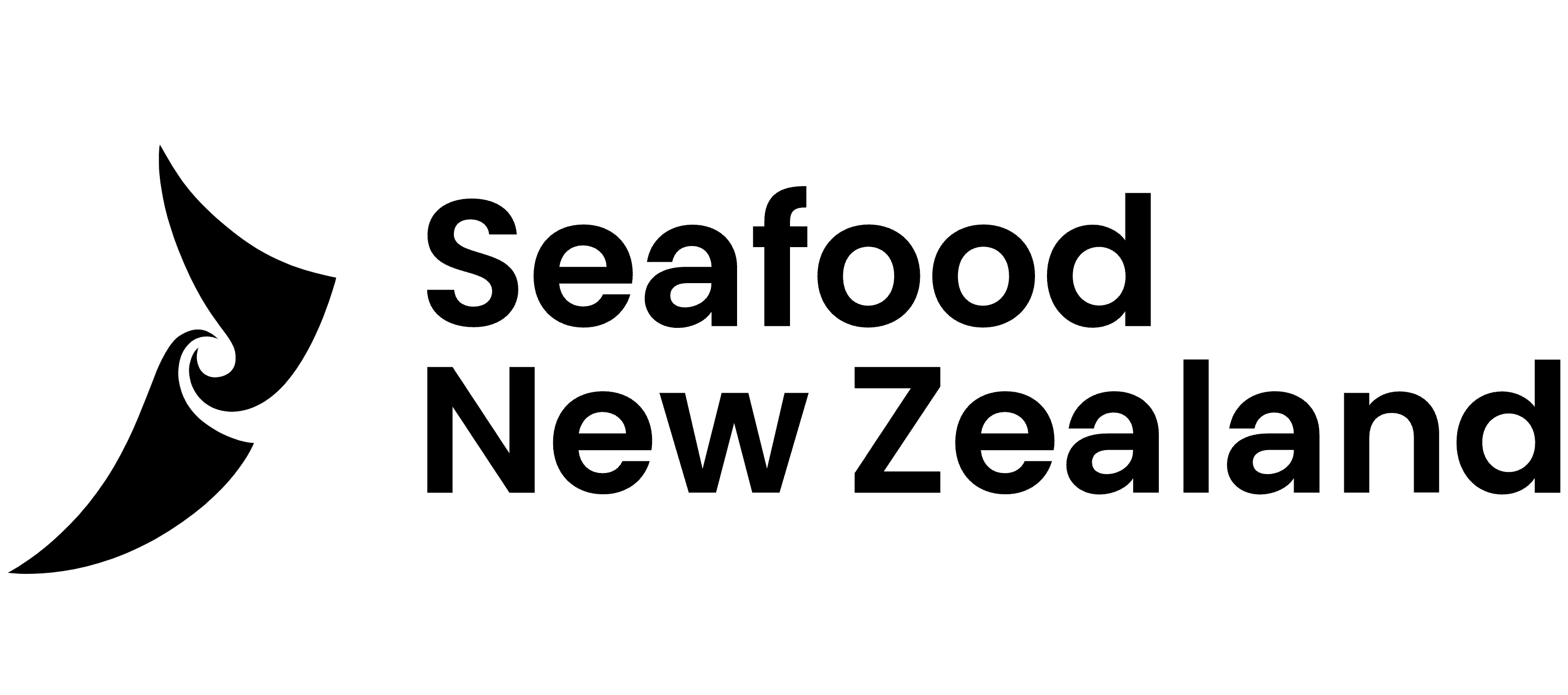New Zealand’s commercial seafood industry conference
begins in Queenstown tomorrow.
The sold-out conference is being held at Rydges Lakeland Resort Thursday 8 and Friday 9 August.
Seafood New Zealand chief executive, Tim Pankhurst, said the industry is navigating stormy political waters and the conference was a chance to celebrate the many successes that often went under the radar.
“When you gather close to three hundred industry people together you hear the real stories of hard work, innovation and enterprise that makes this industry worth almost $2 billion to New Zealand in annual exports and employs around 20,000 people,” said Pankhurst.
The conference’s Technical Day on Thursday (August 8) includes presentations on innovative boning technology being carried out by Mt Cook Salmon, the risks of warming seas by NIWA, a scientific view on bio-plastics and packaging opportunities and new technology to detect marine mammals and seabirds.
On Friday, the conference will be opened by Regional Economic Development Minister, Shane Jones and the keynote speaker is Rabobank’s Gorjan Nikolik from the Netherlands who is a food and agribusiness analyst focusing on the global seafood sector.
Former Treaty Negotiations Minister, Chris Finlayson, will give his view on how poorly the Kermadec Islands Marine Sanctuary decision was made and outline a way forward that will be based on science, not ideology and maintain the principles of the Treaty relationship.
Seafood New Zealand chairman Craig Ellison will present a scorecard of the industry’s performance, as judged on the industry’s six-point code of conduct and Dr Rich Ford of Fisheries New Zealand will detail about the status of New Zealand fish stocks which are regularly assessed against four performance measures.
United States Ambassador to New Zealand, Scott Brown, will cover the US/New Zealand relationship and director-general of the Department of Conservation, Lou Sanson, will highlight the collaboration between the seafood industry and DOC and an ambitious plan to make the sub-Antarctic Auckland Islands predator-free.
“There is a lot to be proud of in this industry,” said Pankhurst. “It is important that we recognise that and celebrate our successes."



 Hugh Grant: How To Reduce Network Bottlenecks
Hugh Grant: How To Reduce Network Bottlenecks Dominion Road Business Association: Auckland Transport's 'Bus To The Mall' Campaign: A Misuse Of Public Funds And A Blow To Local Businesses
Dominion Road Business Association: Auckland Transport's 'Bus To The Mall' Campaign: A Misuse Of Public Funds And A Blow To Local Businesses Parrot Analytics: A Very Parrot Analytics Christmas, 2024 Edition
Parrot Analytics: A Very Parrot Analytics Christmas, 2024 Edition Financial Markets Authority: Individual Pleads Guilty To Insider Trading Charges
Financial Markets Authority: Individual Pleads Guilty To Insider Trading Charges Great Journeys New Zealand: Travel Down Memory Lane With The Return Of The Southerner
Great Journeys New Zealand: Travel Down Memory Lane With The Return Of The Southerner WorkSafe NZ: Overhead Power Lines Spark Safety Call
WorkSafe NZ: Overhead Power Lines Spark Safety Call



